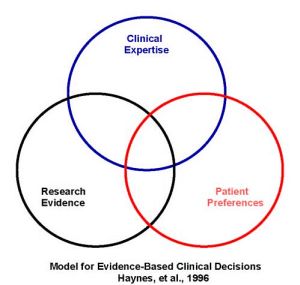|
1. What does The Late-Life FDI© assess?
The Late-Life FDI© is an evaluative outcome instrument for
community-dwelling older adults. It is designed to assess and be
responsive to meaningful change in two distinct outcomes: function and
disability. Functional limitations pertain to limitations in a person's
ability to do discrete actions or activities. Disability refers to a
person's performance of socially defined life tasks expected of an
individual within a typical sociocultural and physical environment.
2. How was The Late-Life FDI© developed?
Using Nagi's disablement model, we developed questions that assess
difficulty in physical function and frequency and limitation in
performance of life tasks. We constructed the instrument using factor
analysis and Rasch analytic techniques and evaluated its validity and
test retest reliability with 150 ethnically and racially diverse adults
aged 60 years and older who had a range of functional limitations. The
resulting instrument is composed of a sixteen-item disability component
with two dimensions, frequency of performance and limitation in
performance of life tasks and a 32-item function component with three
domains, upper extremity, basic lower extremity, and advanced lower
extremity functions. Both the disability and function components had a
high to moderate test-retest stability rate.
3. How is the The Late-Life FDI© administered?
Is it possible to use one component of the instrument without the other
(i.e. using just the function component), however to capture a
comprehensive representation of an older adult's capabilities and
performance levels in everyday life, we suggest using both components.
The Late-Life FDI© was originally designed for an interview setting,
where an interviewer administers the questionnaire to the participant
and gives the participant visual aids (large print outs of response
options) to guide in selecting the appropriate response.
Self-administration of the instrument is also possible but this method
has not been tested and may be problematic for those who have poor
vision or writing difficulties.
|
